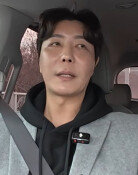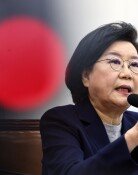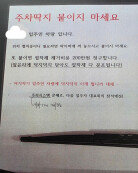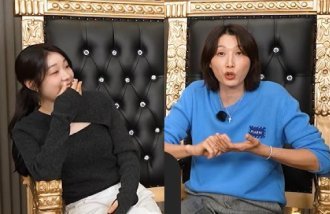Media literacy education needed to prevent the flood of false propaganda
Media literacy education needed to prevent the flood of false propaganda
Posted December. 21, 2024 07:37,
Updated December. 21, 2024 07:37
Today, we live in a flood of information. The ability to discern facts and truth among the overwhelming influx of information is a key skill set for modern civic life. Galileo Galilei advocated the heliocentric theory and was branded a heretic during the Inquisition. In Galileo's time (16th–17th century), religion dominated society, politics, and culture particularly with the Catholic Church having the absolute authority. The Church and most people believed that the Earth was the center of the universe, with the sun and the stars revolving around it. However, despite threats and collective error, Galileo stuck with the truth that the Earth rotates around the sun and allegedly muttered the famous phrase, "And yet it moves." The anecdote conveys that the truth should be explored with rational and scientific thinking instead of blindly following the authority, tradition, and pressures from the majority.
Are we truly free from such collective errors in this digital transformation era? The internet and social media helped us democratize information while creating a dangerous environment in which fake information and biased claims can be disseminated in a split second.
The mechanism of collective propaganda is exceedingly subtle. Humans instinctively tend to conform to what many of their fellow humans believe. In the past, it helped us survive as a part of an evolutionary mechanism, but in today's modern society, it can become a fatal trap. Notably, social media provides tailored information to users using algorithms, reinforcing biased information. Users are repeatedly exposed to content that aligns with their views, which weakens their critical thinking and makes them more vulnerable to fake information or instigation. The impact of these algorithms is not confined to some personal level. The views of a group or community can be distorted, affecting the decision-making process of society as a whole. Dissemination of disinformation during elections and unfounded hate speech targeting certain groups are a few typical examples of group mentality amplified by algorithms. As a result, it threatens the very fabric of democracy and exacerbates social conflict.
To tackle these dangers, media literacy education is a must. Media literacy encompasses the ability to consume information and further analyze and critically review it. Through such education, we can reach the truth without being deceived by fake information and propaganda.
We need to analyze the information logically without being swept by emotions. We should be careful about sensational headlines or emotionally charged content while considering reasonable grounds under the surface.
Indeed, media literacy should be incorporated as a mandatory educational curriculum throughout elementary school to college. Both families and society should nurture an environment where critical thinking and information verification are promoted. The whole process should not be seen solely as the responsibility of educational institutions but as a collective social obligation. The effect of media literacy education may not be immediately evident. However, in the long term, all members of society would be able to think and discern truth critically, thereby minimizing the influence of disinformation. Ultimately, the societal trust will be restored, and the democracy will be strengthened.
More importantly, we should learn to rigorously check the sources and the credibility of the information we get, whether the news authors are biased, the grounds for cited information, expert views, and academic evidence, among other things. We should have the mindset of pursuing truth. Instead of unconditionally trusting a single source of information, we should be able to compare and analyze a diversity of trusted media outlets. Actively utilizing fact-checking websites online or publicly-trusted resources can be an effective tool.
As Galileo muttered, we must consistently seek truth and reflect on ourselves. Media literacy is a core ability to uphold democracy and truth. Insights into the truth come from individual critical thinking and an endless streak of questions, not from collective pressure. We could move closer to genuine democracy and truth only when we step forward as independent agents of media literacy.







